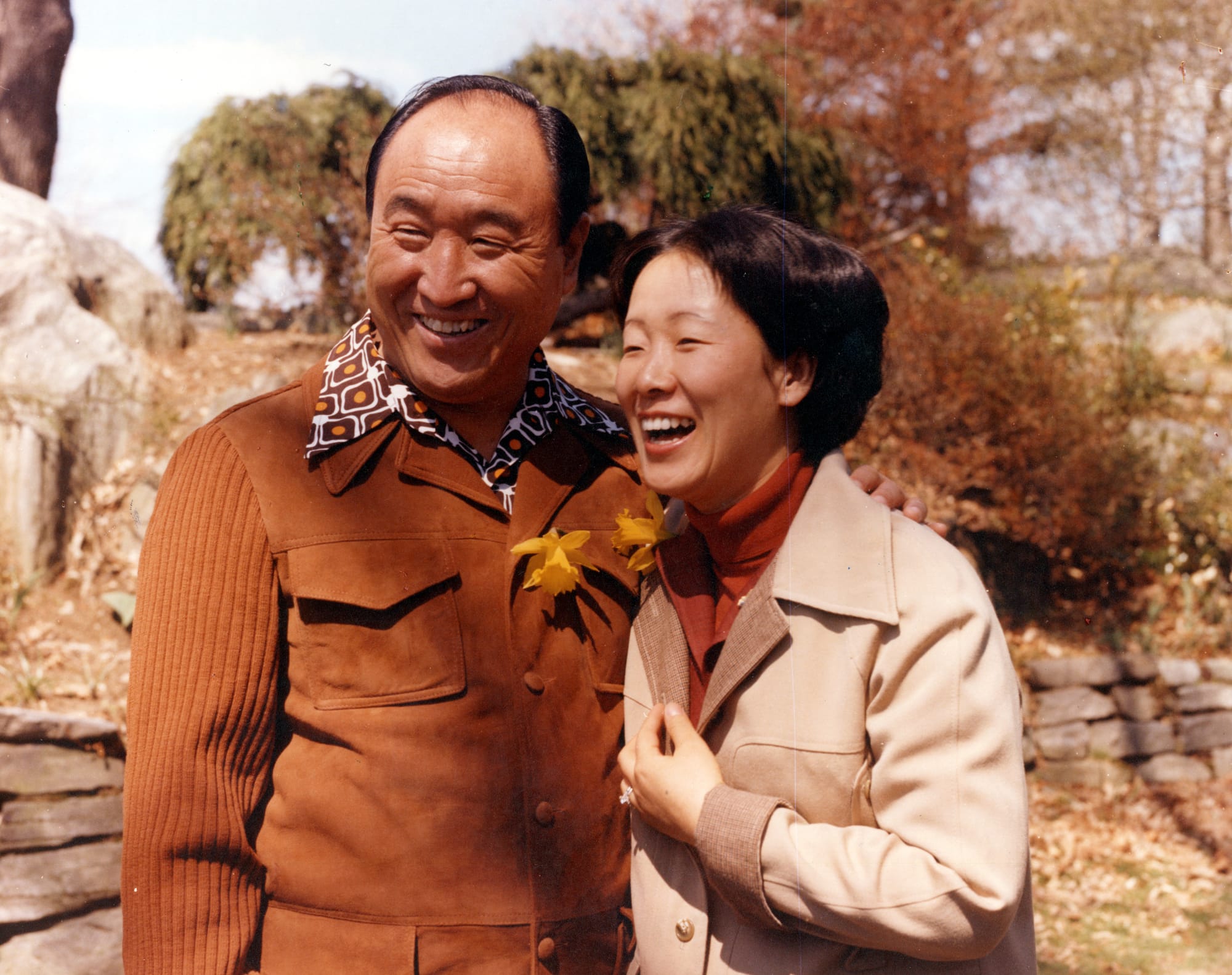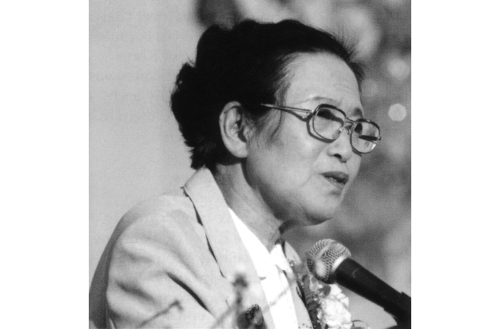Restoring the Birthright
If Abraham had succeeded in his first offering, Ishmael, Abraham's first son by Hagar, and Isaac would have been in the positions of Cain and Abel.
Ishmael and Isaac could have established the Foundation of Substance by Isaac winning Ishmael's heart and Ishmael subordinating himself to Isaac, thus overcoming the fallen nature of the Archangel, who should have subordinated himself to Adam.
Since this was not accomplished, God gave Isaac twins, Esau and Jacob, to carry out the roles of Cain and Abel. Esau, the first son, was in Cain's position and represented Abraham's first offering.
Jacob, the second son, was in Abel's position and represented Abraham's second offering, Isaac. Being in opposing positions, they fought in their mother's womb. (Gen. 25:22)
God loved Jacob as he had Abel, and "hated" Esau as he had Cain. (Rom. 9: 1 3)
Lucifer unrighteously deceived Adam and Eve and stole Adam's birthright. It is up to Adam's descendants to reclaim it.
God wanted to accomplish this through the providence centered on Jacob. Accordingly, Jacob convinced Esau to sell his birthright in exchange for bread and lentils. (Gen. 25:29-34)
Later, Jacob went to his father, Isaac, and in deception received the blessing which was intended for Esau. Infuriated, Esau hated Jacob and wanted to kill him.
Their mother, Rebecca, advised Jacob to flee and sent him to her brother, Laban, in Haran. (Gen. 27:1-45)
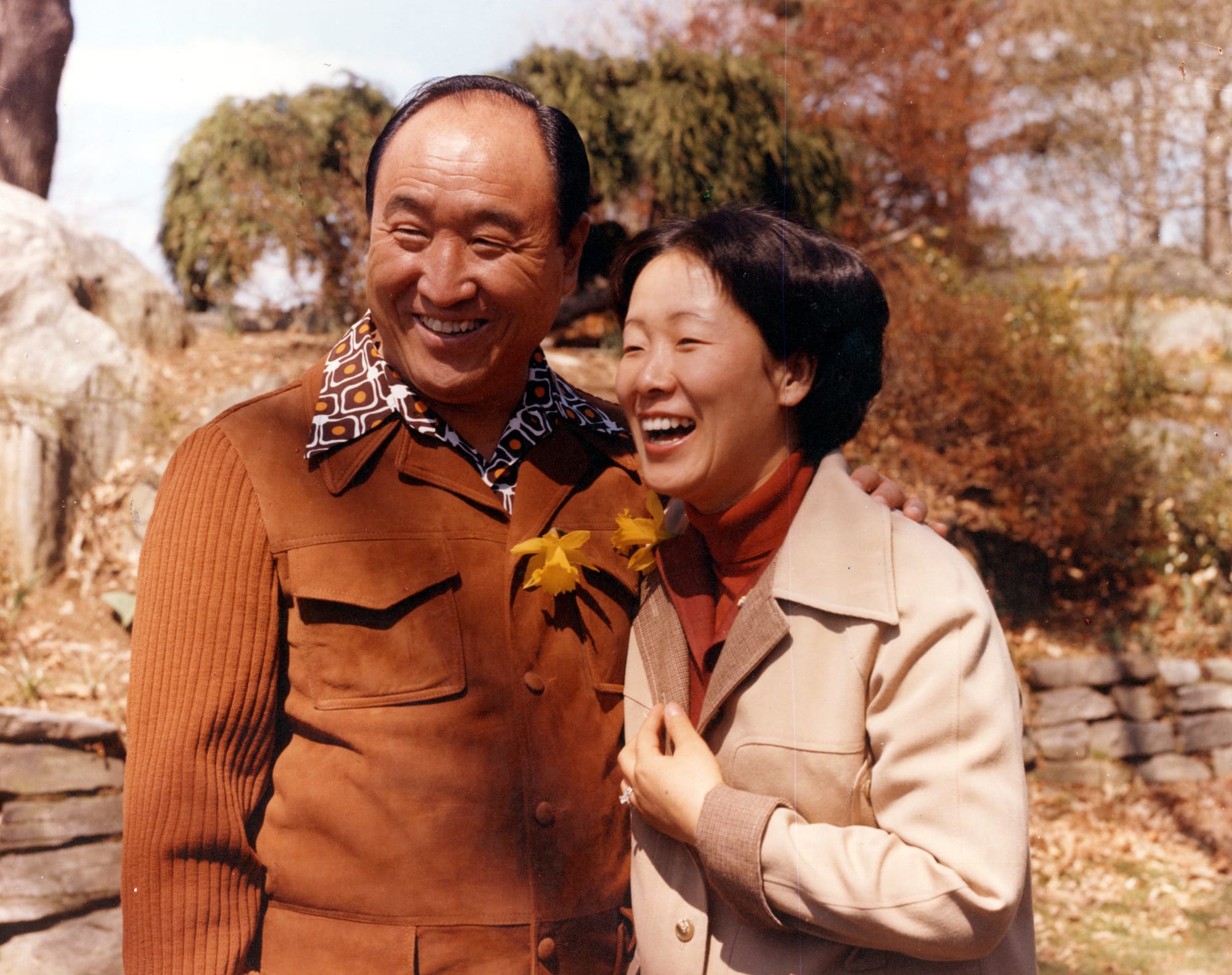
Jacob's Course of Exile in Haran
In Haran, Jacob labored for twenty years, during which time he took wives, fathered children, and acquired livestock. (Gen. 29, 30 & 31)
In the twenty-first year, he returned to Canaan. Jacob suffered and paid a great deal of indemnity during his period in Haran:
In Haran, Jacob worked very hard, but his uncle Laban was vicious and took advantage of him, deceiving him more than ten times. While enduring these difficulties, Jacob had to create his family.
Jacob worked very hard to get married. His uncle promised to give him his daughter Rachel in exchange for seven years' labor, but then Laban did not give him Rachel, the bride he wanted.
Instead, Laban deceived Jacob and tricked him into marrying Leah. Jacob had to do an additional seven years of hard labor as the price for Rachel. Twelve children were born to the two wives, and their descendants later became the twelve different tribes of Israel.
All during his years of suffering in Haran, Jacob was with God. He felt the presence of God was with him, and in difficult times, God guided and comforted him.
There were many trials and tests given by Laban, but every time victory came, Jacob knew that his power came from God. He knew that he was protected by God, that he was chosen by God.
The Crucial Role of Rebecca
Jacob was much indebted to his mother, Rebecca, who advised him, protected him, interceded with Isaac on his behalf, and provided for his successful flight to Haran. According to Reverend Moon, she also worked to pave the way for Esau and Isaac's reconciliation with Jacob.
After successfully helping Jacob, Rebecca was in a position to restore Esau and Isaac, who were hostile toward Jacob because they had been deceived. Rebecca acted as a shield for Jacob by winning their hearts.
Esau was so mad that he wanted to kill Jacob, and Rebecca tried to soften his heart and soften his father's heart. (Gen. 27:41 46)
Without her assistance, Jacob could not have accomplished his mission. This was also an act of restitution. The fall of Adam's family began with Eve and was completed by her son, Cain.
Thus, evil came into the world by way of a mother and son. Therefore, through the cooperation of another mother and son, the effects of evil in Adam's family were reversed.
Rebecca restored the failure of Eve, who should have interceded to help protect Abel and console Cain. She can thus be counted as one of the first female champions of providential history. Reverend Moon says:
It has always seemed strange that a mother would deceive her husband and eldest son and side with her younger son.
Why would God allow that?
Jacob knew what he had to do and was serious enough about God's work that he tried to win the inheritance. By assisting Jacob to do something which Isaac wouldn't have agreed to, Rebecca was taking responsibility in the providence as well.
Why did Rebecca do this? It was to reclaim God's offspring from Satan's side.
Rebecca was chosen and placed in the position to lay the foundation for God's offspring to dissolve God's grief.
She understood her position very well. She knew that her position was to help Jacob and have him peacefully overcome Satan to restore the birthright.
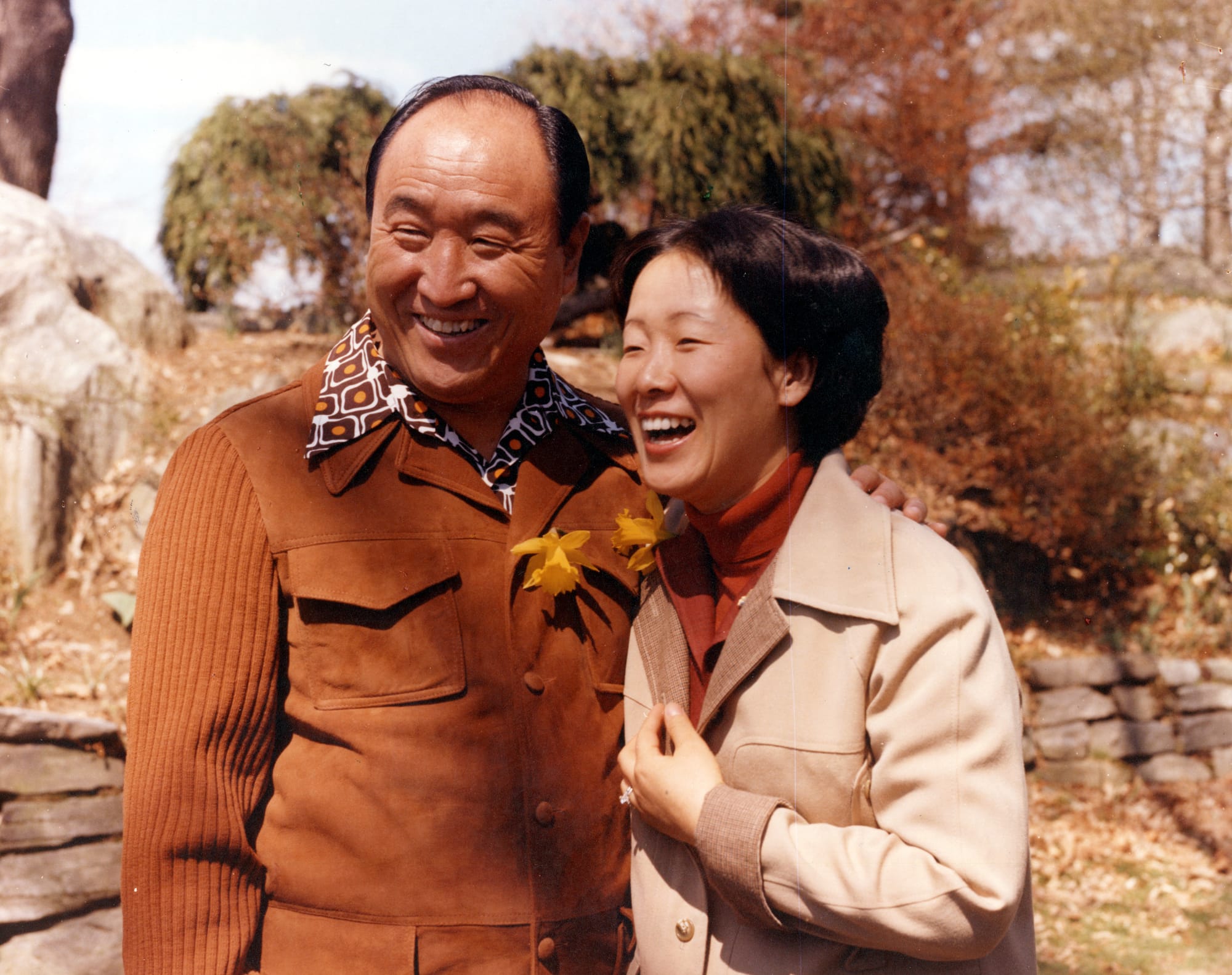
Overcoming the Angel
After his difficult course of exile in Haran, Jacob finally made his way back to Canaan. In his returning journey, he still remembered the anger of Esau and sent many gifts ahead to placate him. (Gen. 32:13 20)
On his way back from Haran, God severely tested him. Jacob stayed alone one night at the ford of Jabbok, where he wrestled through the night with God's angel.
During the struggle, he received a serious wound to his thigh. However, he refused to give up; instead, he clung to the angel until morning and eventually prevailed, winning the angel's blessing. (Gen. 32:24-20)
Through his victory, Jacob paid restitution to restore mankind's dominion over the angels, which was lost with the Fall.
He also paid restitution for the Fall by being wounded in his thigh. By prevailing over the angel, Jacob received the new name, Israel, which means Victor. (Gen.32:24-28)
By winning that name, Jacob laid the foundation on which to form the chosen nation.
The Foundation of Faith that Isaac had inherited from Abraham was now Jacob's as well, and he was ready to move on to fulfill the Foundation of Substance.
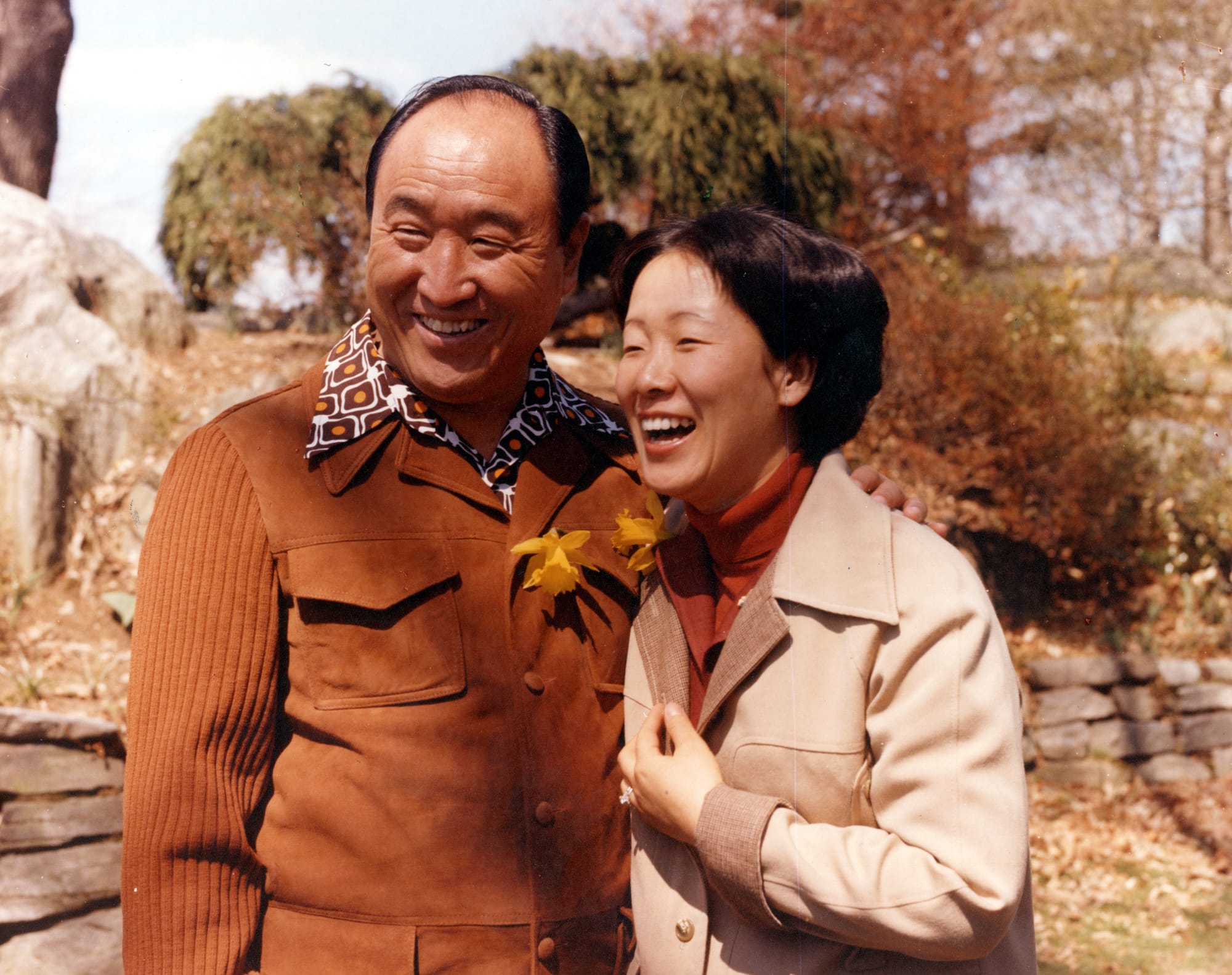
Reunion with Esau
Esau waited for Jacob with 400 armed men. But Esau was won over by Jacob's gifts and welcomed him with love. (Gen. 31:1-15)
In this way, Jacob and Esau set the condition to remove the fallen nature of Lucifer, who could not accept the younger Adam as God's favorite. Thus, Esau also obtained God's favor, and his life in Canaan was blessed by God.
Jacob had obtained the same blessing only after twenty years of labor in Haran. Being in the same positions as Cain and Abel, Esau and Jacob paid indemnity by taking an attitude opposite to theirs. Thus, Esau helped Jacob to fulfill his role.
What was Jacob's role?
Although Abel was the second son of Adam, God's blessing for the birthright went to him because Cain, the first son, was allied with Satan. By slaying Abel, Cain took the heavenly birthright.
Jacob had to take the birthright and the blessing of the firstborn by subjugating Esau without violence. With the restoration of the heavenly birthright, Jacob brought God's blessing not only to himself but also to Esau.
In this way, the Foundation of Substance was established for the first time. The significance of this event cannot be overstated: The restoration of Cain and Abel was completed for the first time through the lives of Jacob and Esau.
God won His first victory on earth. Currently, the two brothers became one, and Esau embraced Jacob."
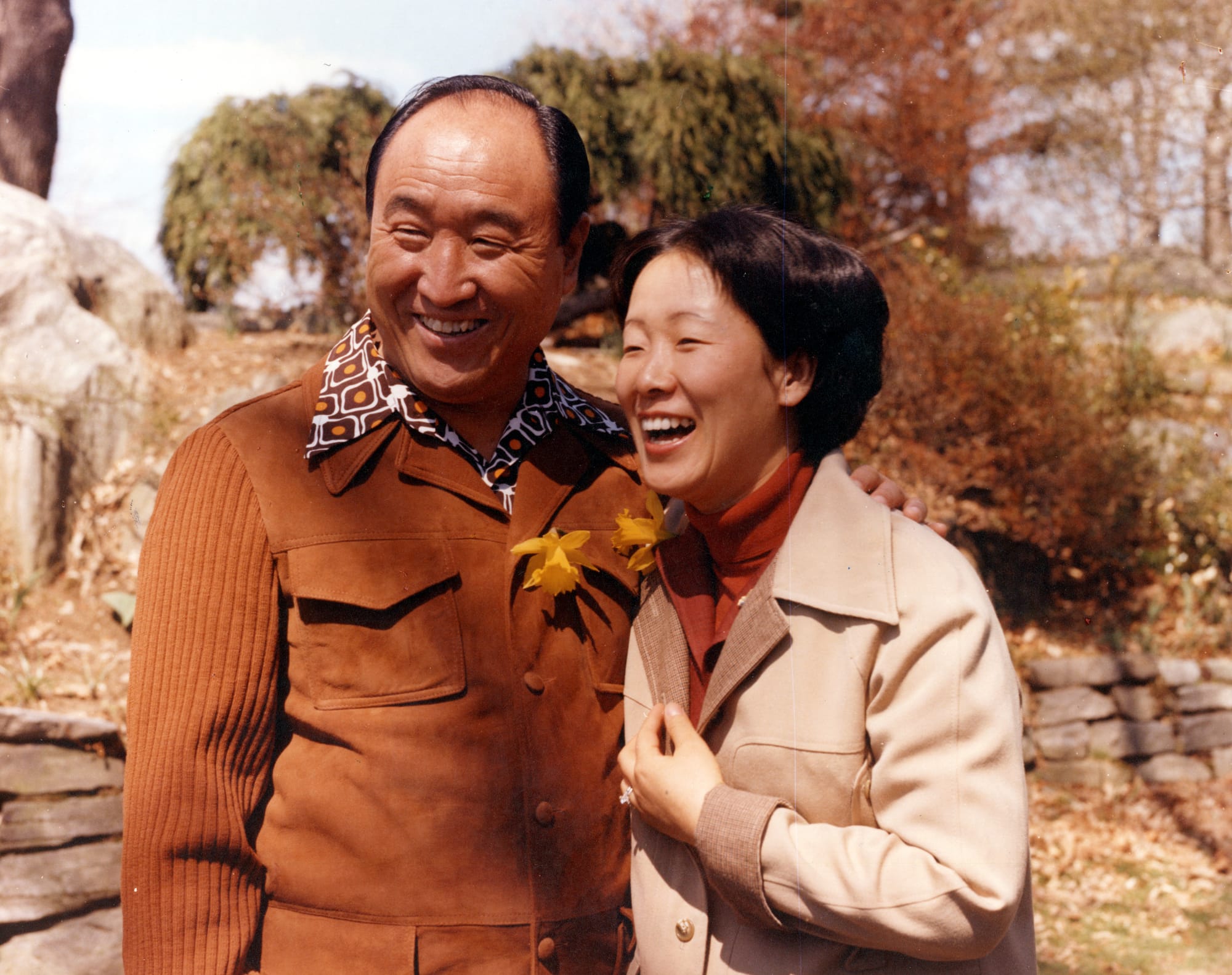
The Foundation of Abraham, Isaac, and Jacob
To choose Abraham, ten generations had elapsed after Noah. But because of Abraham's mistake, the fulfillment was delayed for two more generations — Isaac and Jacob.
Hence, twelve generations had been lost before God's will was at last fulfilled through Jacob. For the restoration of the twelve lost generations, God gave twelve sons to Jacob.
These twelve sons became twelve tribes who would eventually form the nation to whom the Messiah would come.' Jacob was the first person to subjugate Satan by restoring the heavenly birthright and establishing the Foundation of Substance with his elder brother.
To restore the birthright, Jacob won several battles. First, he took the birthright on the personal level; then he expanded it to the family level through his struggle in Haran; and then he overcame the angel.
Finally, he helped his brother Esau lose his hatred by giving him everything. Esau declared, "To see your face is like seeing the face of God" (Genesis 33:10).
Thus, the foundation that had been started by Abraham and Isaac was completed by Jacob. God's dispensation with Abraham, therefore, was fulfilled in three generations of his family. That is why, when the Jewish people pray, they call: "God of Abraham, God of Isaac, and God of Jacob."
Since God's will for Abraham was accomplished through Jacob, the Israelites called their nation the House of Jacob.
In Jacob, the positions of Adam and Abel, Noah and Ham, and Abraham and Isaac were now all restored. Therefore, God's blessing for the father of mankind was given to Jacob. The blessing was originally intended for Adam:
"Be fruitful and multiply, and fill the earth and subdue it." (Gen.1:28b)
Since Adam failed, the blessing was bestowed on Noah:
And God blessed Noah and his sons, and said to them, Be fruitful and multiply, and fill the earth. (Gen. 9:1)
Noah's family failed, and the blessing was transferred to
Abraham:
"Look toward heaven, and number the stars, if you can, number
them." Then he said to him, "So shall your descendants be." (Gen. 15:5b)
Finally, God's blessing for Abraham was extended to Jacob:
And God said to him, "I am God Almighty: be fruitful and multiply; a nation and a company of nations shall come from you, and kings shall spring from you. The land which I gave to Abraham and Isaac, I will give to you, and I will give the land to your descendants after you." (Gen. 35:11-12)
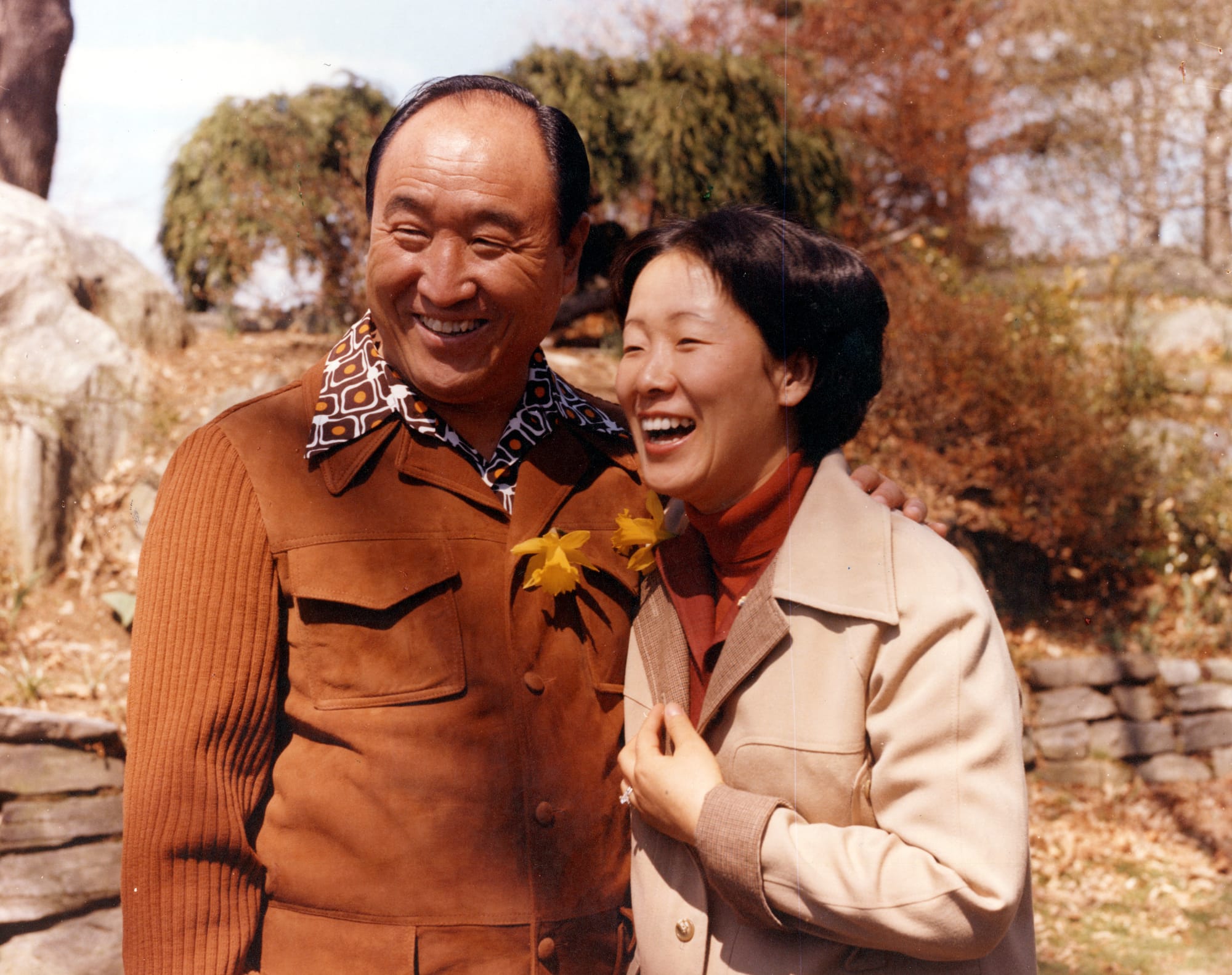
Tribal and National-Level Expansion
Because humankind failed to fulfill God's dispensation, 2,000 years were required before the Foundations of Faith and Substance could be established on earth. Upon this foundation, God could undertake His work of restoration.
By the time of Jacob, the Israelites had expanded to a tribe, and the satanic world had already expanded to establish nations and empires. Although Jacob had succeeded in laying a foundation on the family level, the foundation for the Messiah now had to expand to a tribal and national one. Jacob's posterity, the Israelites, therefore, were chosen to carry on the restoration.
The new course was guided by Joseph, the first son of Jacob and Rachel. Jacob's beloved son Joseph was in Abel's position, and his ten half-brothers were in Cain's position.
They were jealous of Joseph, hated him, and tried to do away with him. Joseph was sold to Egypt by his brothers, but there he succeeded in winning the favor of Pharaoh, who made him a ruler.
When a severe famine befell Canaan, Joseph's brothers went to Egypt and humbled themselves before Joseph. Thus, a condition of indemnity was made. As a result of this condition, they could bring their father Jacob and his family to Egypt and be reunited with Joseph.
Thus, 70 people of the house of Jacob, including his twelve sons, migrated to Egypt. Thereupon, the 400-year sojourn of the Israelites in Egypt began. Thus, Jacob's family started the course of indemnity as a chosen tribe. (Gen. 37-50)
Note on Tamar
Tamar's story is disturbing to many who read the Bible because of the seemingly immoral action she took to preserve Judah's lineage.
Yet, by applying the principle of restoration to Tamar's course, we can now see that she was one of the Bible's truly great women.
Tamar's story took place during the time that Joseph was in Egypt while the other sons of Jacob remained in Canaan. (Gen. 38) She was the daughter-in-law of Judah, Jacob's fourth son.
Tamar had the misfortune of being a widow twice before she could have children.
When her first husband, Er, died, Judah upheld the Hebrew tradition that his son's close relative should become her husband and conceive a son on behalf of Er. Thus, Judah gave Tamar his second son, Onan.
Then Judah said to Onan, "Go in to your brother's wife, and perform the duty of a brother-in-law to her, and raise offspring for your brother."
But Onan knew that the offspring would not be his; so when he went in to his brother's wife, he spilled the semen on the ground, lest he should give offspring to his brother. (Gen. 38:9-10)
Instead of fulfilling his duty, Onan refused to complete the sexual act with Tamar. He too soon died. Judah then told Tamar, "Remain a widow in your father's house, until Shelah my son grows up."
Unfortunately, however, Judah did not allow Shelah to marry Tamar when the time came. Realizing the desperation of the situation, Tamar disguised herself and followed Judah to the town of Enaim, where he had gone to have his sheep sheared.
She disguised herself as one of the shrine prostitutes who sat at the gate of the town, and Judah sought her services without knowing who she was.
In token of paying her the agreed fee of a kid from his flock for her services, he gave her his staff, cord, and signet ring, as a pledge. She was gone when he attempted to redeem them.
About three months later, Judah was told, "Tamar, your daughter-in-law, has played the harlot; and moreover, she is with child by harlotry." And Judah said, "Bring her out, and let her be burned." As she was being brought out, she sent word to her father-in-law, "By the man to whom these belong, I am with child." And she said, "Mark, I pray you, whose are these, the signet and the cord and the staff. " Then Judah acknowledged them and said, "She is more righteous than I, inasmuch as I did not give her to my son Shelah." (Gen. 38:24-26)
Tamar had risked her life and reputation for the sake of Judah's lineage. Given the circumstances, hers was an inspired and courageous act of selfless sacrifice. She became the foremother of King David, King Solomon, and ultimately of Jesus himself.
As the fourth son of Jacob, Judah's lineage was crucial. Jacob had successfully established the foundation for the Messiah through his victorious course of restoration, and it was through Judah's lineage that the Messiah would ultimately come. Jacob prophesied over Judah:
The scepter shall not depart from Judah, nor the ruler's staff from between his feet, until he comes to whom it belongs, and to him shall be the obedience of the peoples. (Gen. 49:10)
Thus, Tamar, by risking her life to preserve Judah's heredity, prevented a great tragedy from occurring, namely the death of the Messianic lineage itself. Like Rebecca, before her, Tamar gave birth to twins who struggled in her womb. (Gen. 38:27 29)
This time, however, the positions were reversed within the womb itself. In this way, Tamar set the condition for the Messiah to be born completely free from satanic lineage. She is certainly one of the greatest heroines of providential history. Reverend Moon says of Tamar:
Man fell through fornication, and Tamar was one example of how God frequently used women of most unusual character in restoration. God selected His champions from the most miserable situations. Tamar was a righteous woman.
She completely dedicated herself to God's mission, risking her life, honor, and prestige. Paralleling the way Eve betrayed her father (God) and her husband (Adam) to bring about the fall, Tamar deceived her father-in-law Judah and her husband-to-be, Selah, but for God's purpose instead of Satan's.
She was in a position to reverse the fall of Eve by reversing Eve's actions. However, the most significant thing is that she risked her life to do God's will. (Reference "True Parents Day for the Historical Point of View," April 18, 1977)
If you can understand Tamar, you can understand the whole Principle. The standard of victory gained in the womb of Tamar was handed down from generation to generation through the tradition of Israel.
Later, there would be another young woman who regarded the historical significance of her actions to be more important than her dignity or her social environment.
She regarded God's will as the highest priority. That girl was Mary. (Reference "The Change of Blood Lineage," October 13, 1970)
